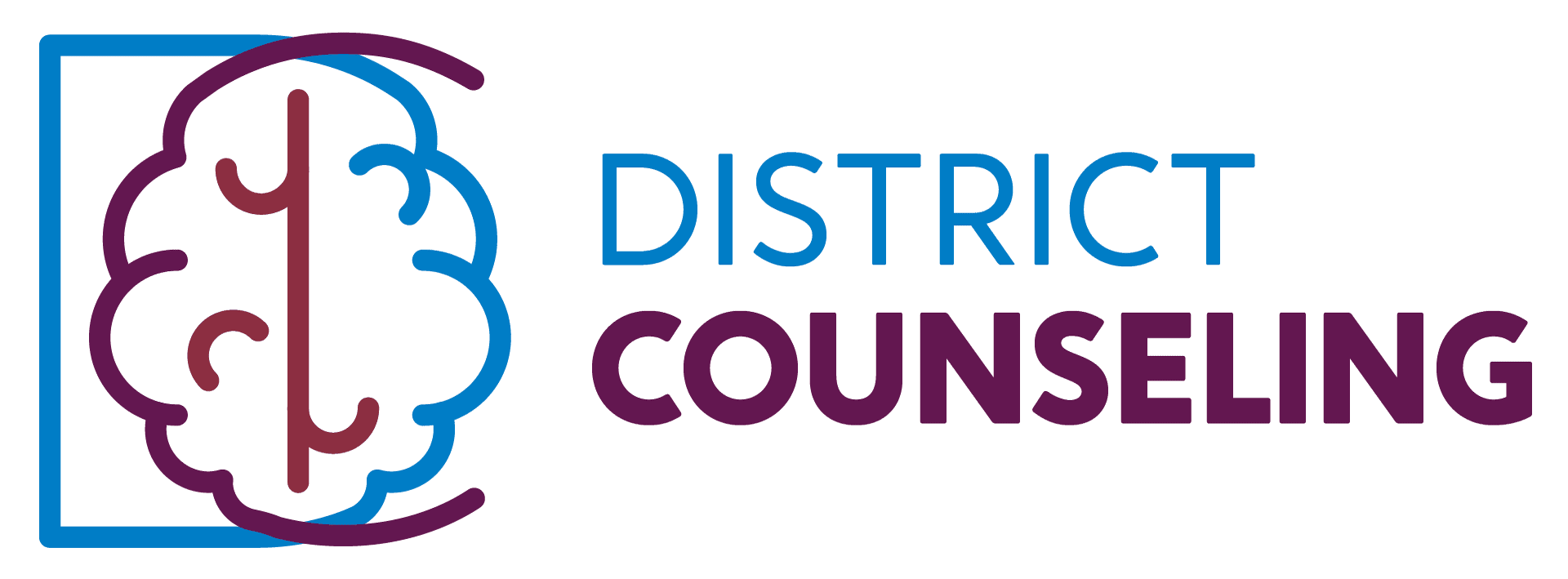Mental health challenges among children are not only increasingly prevalent but often go undetected. Early intervention is critical to prevent the long-term effects of depression, making it essential for parents, educators, and mental health professionals to be vigilant and informed. In this extensive guide, we detail the signs to look for, the contributing factors, and the collaborative steps to effectively manage childhood depression.
Introduction
The incidence of depression among children is a growing concern, with the World Health Organization reporting a significant rise in diagnoses over the last decade. Recognizing depression in children can be daunting, especially since they may not articulate their distress in the same way as adults. This guide aims to provide a comprehensive resource for those in a child’s circle to understand, detect, and address childhood depression.
Signs of Depression in Children
Understanding what depression looks like in children is the first step in early detection. Familiarizing yourself with the signs can aid in prompt intervention.
Behavioral Changes
One of the most noticeable tell-tale signs of depression in children is a significant change in behavior. This can manifest as:
- Social withdrawal
- Irritability or aggression
- Reduced interest in activities once enjoyed
- Changes in sleep patterns
- Appetite and weight changes
- Frequent complaints of physical ailments
- Increased risk-taking behavior
These behaviors, especially when clustered, may indicate an underlying mental health issue.
Emotional Cues
Children with depression may struggle to regulate their emotions. Look out for:
- Prolonged feelings of sadness or hopelessness
- Increased tearfulness or with general irritability
- A pervasive sense of worthlessness or guilt
- Anhedonia, the inability to feel pleasure from activities usually found enjoyable
- Noticeable changes in self-esteem
Understanding that these emotional cues can be symptoms rather than just the ebb and flow of normal childhood moodiness is critical.
Physical Symptoms
Depression can have physical manifestations that parents should not overlook. These may include:
- Headaches or stomachaches without a clear medical cause
- Fatigue and loss of energy
- Slowed physical movements and speech
- Disturbances in eating habits and weight
Recognizing that these symptoms may be rooted in a mental health issue is vital to a more comprehensive approach to well-being.
Risk Factors and Triggers
Being aware of the factors that put children at risk for depression can sharpen the focus on early detection.
Family History
A family history of depression or related mental health issues can increase a child’s susceptibility. Genetic predispositions, coupled with environmental stressors, can significantly raise the risk.
Trauma or Loss
Recent trauma or unresolved grief from a significant loss can precipitate depressive episodes in children. These experiences often require professional intervention to process and manage effectively.
Academic Stress
Academic pressures can also serve as triggers for depression in children. The expectation to excel, coupled with a growing need for social acceptance, can be overwhelming. Engaging in open conversations about these stressors can be highly beneficial.
Role of Parents
Parents are often the first line of defense against childhood depression. Their involvement in identifying potential issues is instrumental.
Observing and Communicating with Children
Being attuned to your child’s behavior and willing to engage in open, non-judgmental dialogue are potent tools for parents. Oftentimes, a parent’s instinct is the earliest detection system for childhood depression.
Seeking Professional Help
If you observe multiple signs that persist over time, it’s crucial to seek assistance from a pediatrician or a mental health professional. Early intervention can significantly alter the trajectory of a child’s mental health.
Involvement of Mental Health Professionals
Trained professionals have the expertise and resources to diagnose and treat childhood depression effectively. Here’s how they can contribute to the detection process.
Diagnostic Tools and Assessments
Pediatricians and mental health clinicians can use a variety of tools and assessments to evaluate a child’s mental health. The Diagnostic and Statistical Manual of Mental Disorders (DSM-5) criteria is typically used, often in conjunction with parent and teacher questionnaires.
Therapy Options
Therapeutic interventions such as Cognitive Behavioral Therapy (CBT) and interpersonal therapy have been shown to be effective in treating childhood depression. Therapy offers children a safe space to express themselves and learn coping strategies.
Educators’ Contribution
Educators spend a significant amount of time with children and can potentially notice signs of depression in the school setting. Collaboration between educators and other stakeholders is pivotal.
Identifying Signs in the Classroom
Educators who are trained to recognize the signs of depression can make a significant impact. They may notice:
- Decline in academic performance
- Social withdrawal from peers
- Increased disciplinary issues
- Frequent visits to the school nurse
Educators should be encouraged to report their observations to parents or the school counselor without delay.
Collaborating with Parents and Professionals
Open lines of communication among educators, parents, and mental health professionals form an integral part of the support network for children. When all parties work together, the child’s well-being is optimized.
Conclusion
In the pursuit of promoting healthy mental development in children, the collective efforts of parents, educators, and mental health professionals are indispensable. Detecting and addressing childhood depression is a shared responsibility with potentially life-changing outcomes. With proactive education and collaboration, we can ensure a brighter, mentally healthier future for all children.

Arely Ambriz
December 23, 2025
The Great 2025 Workplace Reset: Are New Mental Health Benefits Enough?
Ready to kick off your new beginning? Learn how to overcome mental blocks, take the first step, and build your support team to turn ambition into a winning season...

Arely Ambriz
December 22, 2025
Your Championship Season: How to Kick-Off Your Own New Beginning
Ready to kick off your new beginning? Learn how to overcome mental blocks, take the first step, and build your support team to turn ambition into a winning season...

Development Funnel Boost Media
December 22, 2025
Signs You May Need Counseling (Even If You’re “Functioning”) in Austin, TX
Many people believe therapy is only for those in crisis. In reality, some of the people who benefit most from counseling are those who appear to be “doing fine” on...

Arely Ambriz
December 19, 2025
Is Your Personal “Credit Rating” at Risk? How to Rebalance Your Life’s Budget
Feeling anxious about world events? Learn how to navigate stress in your relationship with our Q&A. Discover practical communication tips to turn shared anxiety into genuine connection and support for...

Arely Ambriz
December 18, 2025
Beyond the Headlines: Are We Really Talking to the People We Love?
Feeling anxious about world events? Learn how to navigate stress in your relationship with our Q&A. Discover practical communication tips to turn shared anxiety into genuine connection and support for...

Arely Ambriz
December 17, 2025
That ‘Someone’s Watching’ Feeling: Navigating Mid-Week Anxiety in a High-Alert World
Feeling overwhelmed by work stress and digital anxiety? Learn how to manage mid-week slumps and protect your mental well-being in a fast-paced world. Explore actionable coping mechanisms to regain control....

Arely Ambriz
December 16, 2025
The Innovation Anxiety: Is Your Company’s ‘Next Big Thing’ Stressing You Out?
Navigate workplace change with confidence. Learn how to manage anxiety, build resilience, and adapt to evolving roles with actionable strategies and support....

Arely Ambriz
December 15, 2025
From the Racetrack to a Festival of Lights: Fueling Your Own New Beginning This Monday
Discover the lessons of Hanukkah in overcoming challenges and starting anew. Explore small steps to achieve your goals and find support with compassionate psychiatry and counseling in Texas....

Arely Ambriz
December 12, 2025
The Outrage Machine and Your Off Switch: Why ‘Ragebait’ is Sabotaging Your Weekends
Learn three actionable strategies to reclaim your weekends from stress and ragebait. Protect your mental health with intentional habits and digital boundaries....

Arely Ambriz
December 11, 2025
When the Ground Shifts: Rebuilding Communication When Your Relationship Feels Like a Disaster Zone
Learn how to rebuild communication and strengthen relationships with practical tips for managing conflict, navigating emotions, and creating a solid foundation for connection....

